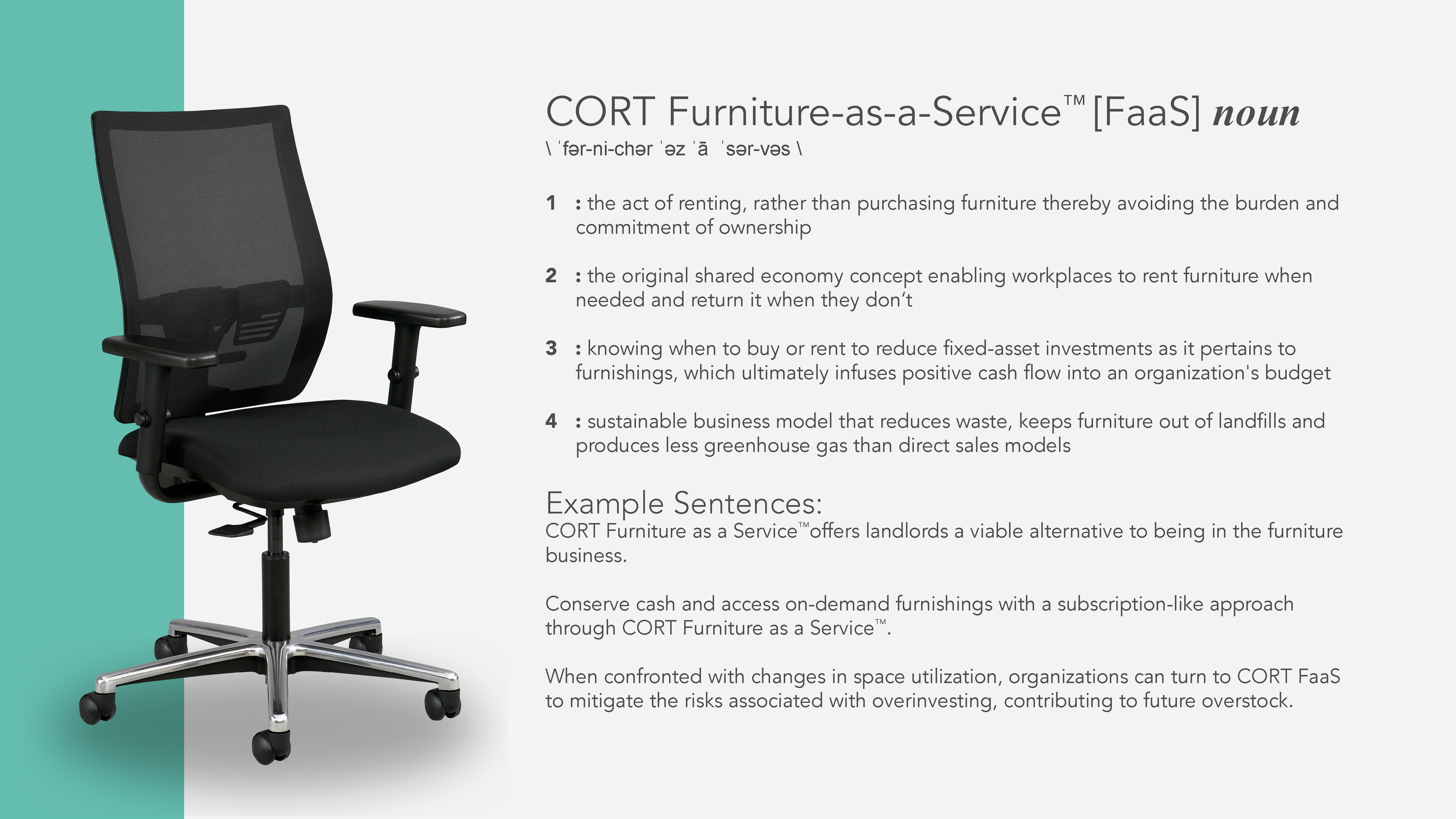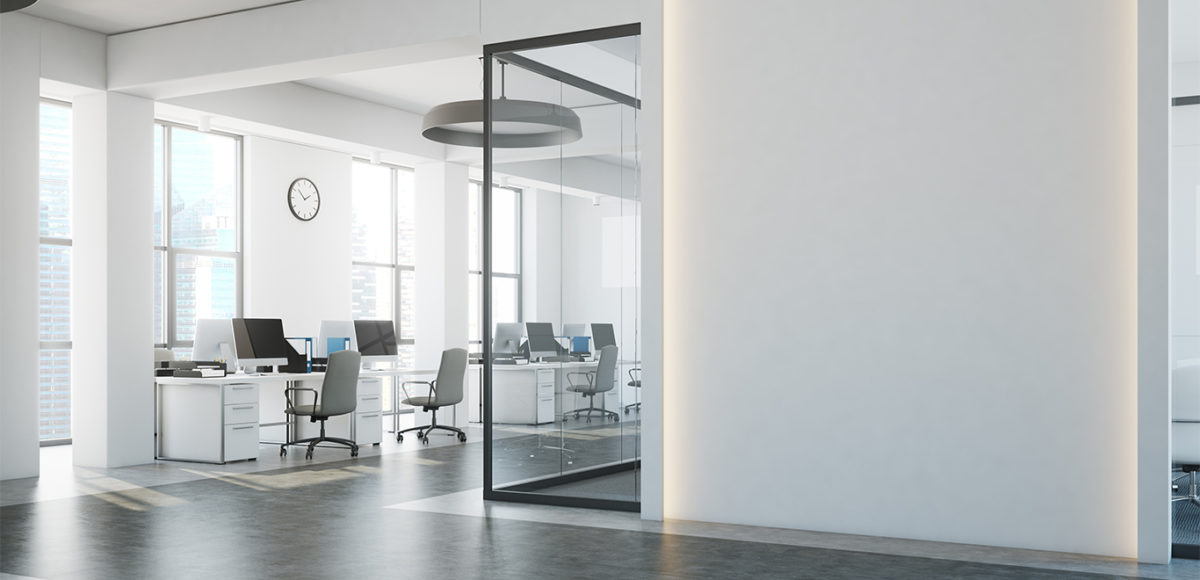There’s been a lot of discussions lately around the way employees work and what will be the best model to adopt once teams can fully – and safely – return to the office again. Of all the options that have been presented – fully remote, hybrid, fully in-person – one thing that’s clear is that there’s a greater need for flexibility in the office environment – not only for employees but for the physical office itself. But with the return to work remaining in flux, it’s okay to admit that finding the right solution for your business is a challenge. And while we can’t make that final decision for you, CORT is here to help. If you’re not sure how CORT can assist you, here are a few of the common questions that we answer about our workplace solutions and why they make sense for any industry.
What is the CORT Furniture-as-a-Service™ model?

Recently, Melanie Jones and Todd Simpson joined Caleb Parker of Bold—which is now part NewFlex powered by Newable– on his #WorkBold Podcast. In her own words, Melanie described the CORT Furniture-as-a-Service (FaaS) model as a subscription-like approach that provides access to office furniture instead of ownership. “The service part of this really depends on customer needs” Melanie explained, “furniture is furniture but the service section of it depends on the outcome that the person or company is trying to achieve.”
Elaborating on this more during the conversation, Todd shared a real-world example of how FaaS can work.
“Imagine everything you needed in an office environment, available in any quantity for almost any length of time, that you could change or switch out at any time. Let’s say you have an open area, maybe it was designed to be a collaborative space and it stopped being used. With Furniture-as-a-service, you return that, and you can convert that area to workstations, for example, so the monthly rate for the collaborative area drops off your agreement, and the workstations you put in go onto your agreement.”
When thinking of FaaS in this way, any business has the ability to “Subscribe to Furniture On Your Terms™” with CORT. CORT supports customers with furniture that meets their needs, whether it be for one month or multiple years, and as conditions change, so can the furniture.
Listen in and learn more about the work that Todd and Melanie do on behalf of our commercial real estate clients and some of the creative projects they’ve worked on where customers have gained access to products from our vast rental inventory that spans across our events, residential, and workplace product lines.
Listen to the #WorkBold Podcast:
Apple | Spotify | Google | Stitcher
About Caleb
Caleb Parker is an American entrepreneur in London and Founder of Bold. Caleb has served as founder, Board member, advisor, investor, and consultant to numerous startups and small businesses, and has a keen focus on innovation and technology, with interests in the MICE market, Space-as-a-Service, and the future of work. He is one of the first licensed commercial real estate agents to speak on the new economy, mobile working trends, and the rise of flexible workspace, and has been quoted in numerous publications. Caleb believes in “challenging the status quo” and is a champion for entrepreneurial and innovative thinking.
About Melanie
Melanie Jones is a member of the Strategic Business Development team at CORT and serves as the lead for National Commercial Real Estate Business Development. She is responsible for building awareness and sharing strategy with commercial real estate teams around the access vs. ownership model called Furniture-as-a-Service.
About Todd
Todd Simpson is the Managing Director of the Strategic Business Development team at CORT. Daily, he assists in the direction of sales strategies and administration of the Strategic Business Development National Accounts. For 25 years, he has been working with companies in transition.






